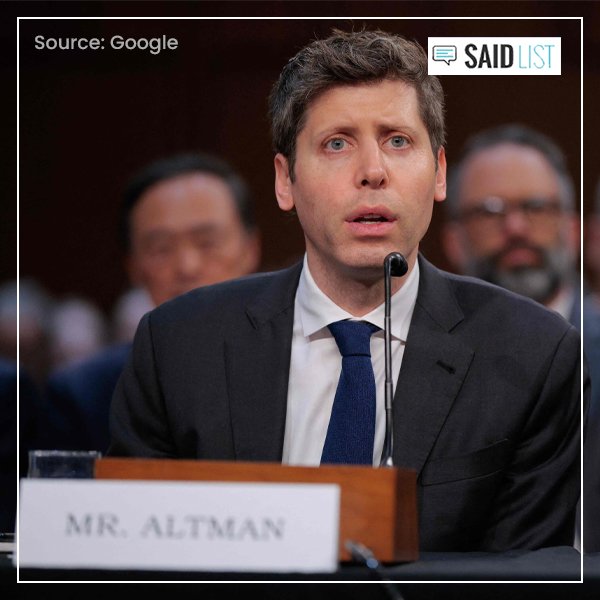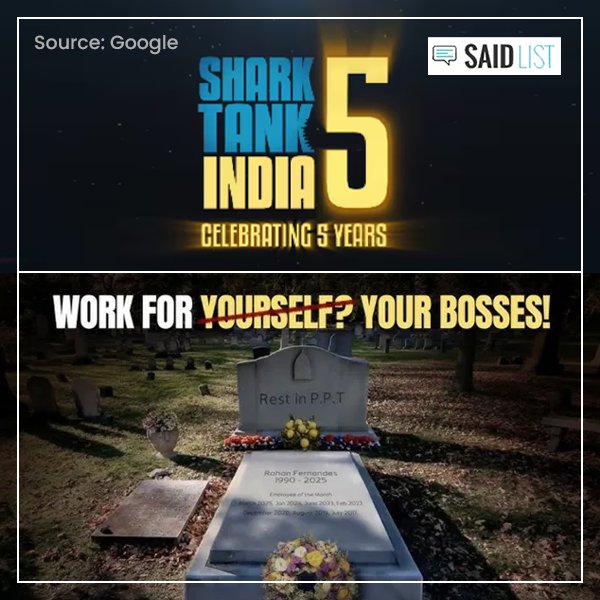In a digital-first world where artificial intelligence (AI) is increasingly embedded in daily lives, ChatGPT—a popular AI chatbot from OpenAI—has become indispensable for many users. From students needing quick answers to professionals relying on it for productivity, ChatGPT has made a mark. However, a recent global outage left many in the lurch, proving how deeply this AI tool has penetrated our routines. Social media erupted with reactions, and alternative AI solutions quickly became the talk of the town.
The Global Outage: A Digital Shockwave
On December 12, 2024, ChatGPT users were greeted with an unwelcome message: “ChatGPT is currently unavailable.” This unexpected disruption led to widespread frustration, with users taking to X (formerly Twitter) to express their dependency on the tool.
A user summed up the sentiment aptly:
“I am so dependent on ChatGPT. I am doomed that it is down.”
Another humorously lamented, “ChatGPT is down, and I don’t know what to do with my life.”
The outage came shortly after a similar issue with Meta’s platforms—Instagram, WhatsApp, and Facebook—further amplifying the exasperation. One X user quipped,
“Is this some kind of relay? We were without WhatsApp, Facebook, and Instagram for a day. Then they came back, and now we are without ChatGPT? This is a joke.”
Memes: The Internet’s Coping Mechanism
True to internet culture, users responded with humor. Memes flooded X, highlighting the comedic despair of students unable to complete assignments, professionals stuck on projects, and everyday users missing their “virtual assistant.” One popular meme featured a student’s exaggerated panic: “Exams tomorrow, and ChatGPT is down. What do I do now?”
Another meme, shared widely, depicted a person staring blankly at a computer screen with the caption: “ChatGPT is down. So, now what? Work?”
These lighthearted responses underscored the irony of modern dependency on AI tools while providing a moment of levity during the outage.
OpenAI Responds on ChatGPT Outage: A Glimmer of Hope
Acknowledging the issue, OpenAI took to X, stating:
“We’re experiencing an outage right now. We have identified the issue and are working to roll out a fix. Sorry, and we’ll keep you updated.”
The prompt response from OpenAI reassured users, but it also prompted conversations about the importance of having reliable alternatives for critical tasks.
Why Are We So Dependent on AI Tools Like ChatGPT?
- Productivity Enhancer:
ChatGPT saves time by drafting emails, creating content, and solving technical queries with ease. - Learning Companion:
Students use it for clarifications, research assistance, and even creative writing support. - Creative Brainstorming:
From marketers to novelists, ChatGPT acts as a springboard for ideas, ensuring no creative block lasts too long.
This growing dependency highlights the need for robust systems to ensure uninterrupted service.
Exploring ChatGPT Alternatives
During the outage, many users explored alternative AI tools. Here are some noteworthy options:
- Google’s Gemini:
Google’s latest AI offering is designed for advanced contextual understanding and multitasking, making it a strong competitor to ChatGPT. - Claude AI by Anthropic:
Known for its conversational finesse, Claude excels in generating creative and factual content. - Microsoft Copilot:
Integrated into Microsoft Office products, Copilot enhances productivity with features like summarizing documents and creating presentations. - Jasper AI:
A favorite among content creators, Jasper specializes in marketing copy, blog posts, and social media captions. - Rytr:
This budget-friendly tool is perfect for crafting concise, high-quality content across various domains. - Perplexity AI:
Focused on factual accuracy, Perplexity is ideal for research and answering complex queries.
What Can You Do During AI Outages?
- Return to Basics:
Use traditional research methods or brainstorm ideas manually. While less convenient, it’s a good reminder of pre-AI problem-solving. - Leverage Alternatives:
Explore the tools listed above to bridge gaps in functionality. Many offer free trials or affordable plans. - Prepare Ahead:
If you heavily rely on AI, always keep backup tools in your workflow to minimize disruption during outages. - Embrace the Pause:
Sometimes, a forced break can spark creativity or allow for reflection. Use the downtime productively.
Lessons from the Outage
The ChatGPT outage highlights the double-edged sword of technological dependency. On one hand, tools like ChatGPT revolutionize efficiency; on the other, they create vulnerabilities when systems fail. The event serves as a wake-up call for diversifying digital tools and fostering adaptability in workflows.
Final Thoughts
AI tools like ChatGPT are here to stay, reshaping the way we work and learn. However, as users, we must balance reliance with preparedness. Outages are inevitable, but with the right alternatives and a proactive mindset, disruptions can be minimized.











